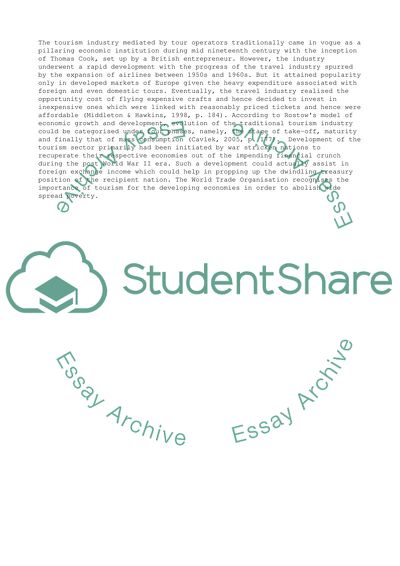Cite this document
(“Consumer behaviour in tourism Essay Example | Topics and Well Written Essays - 3250 words”, n.d.)
Retrieved from https://studentshare.org/business/1409875-consumer-behaviour-in-tourism
Retrieved from https://studentshare.org/business/1409875-consumer-behaviour-in-tourism
(Consumer Behaviour in Tourism Essay Example | Topics and Well Written Essays - 3250 Words)
https://studentshare.org/business/1409875-consumer-behaviour-in-tourism.
https://studentshare.org/business/1409875-consumer-behaviour-in-tourism.
“Consumer Behaviour in Tourism Essay Example | Topics and Well Written Essays - 3250 Words”, n.d. https://studentshare.org/business/1409875-consumer-behaviour-in-tourism.


